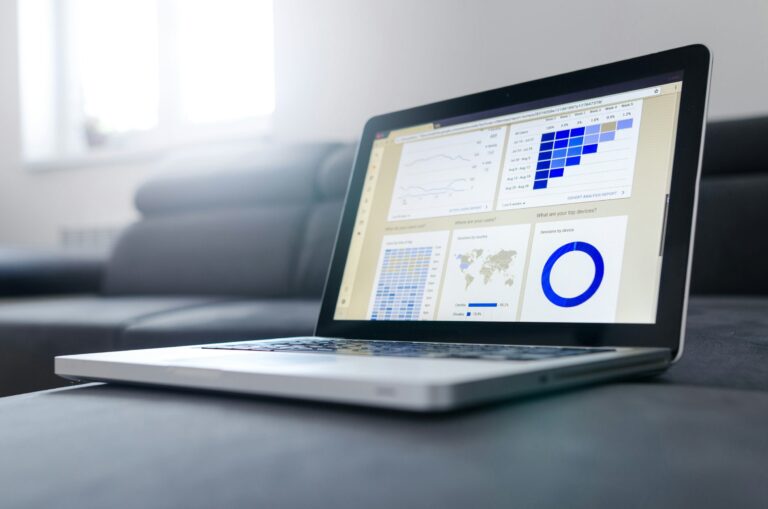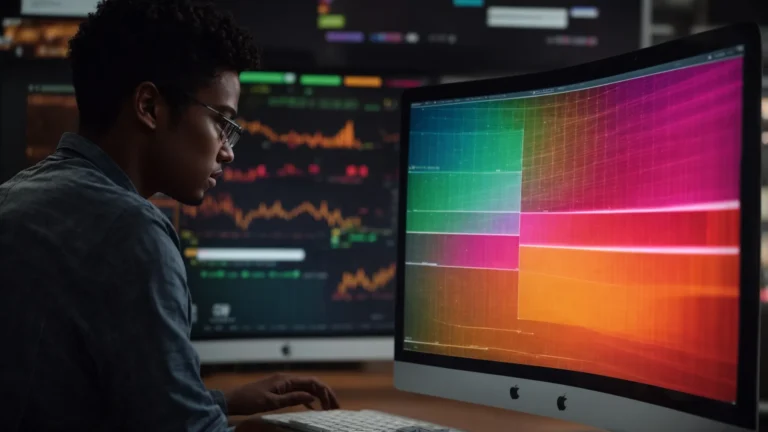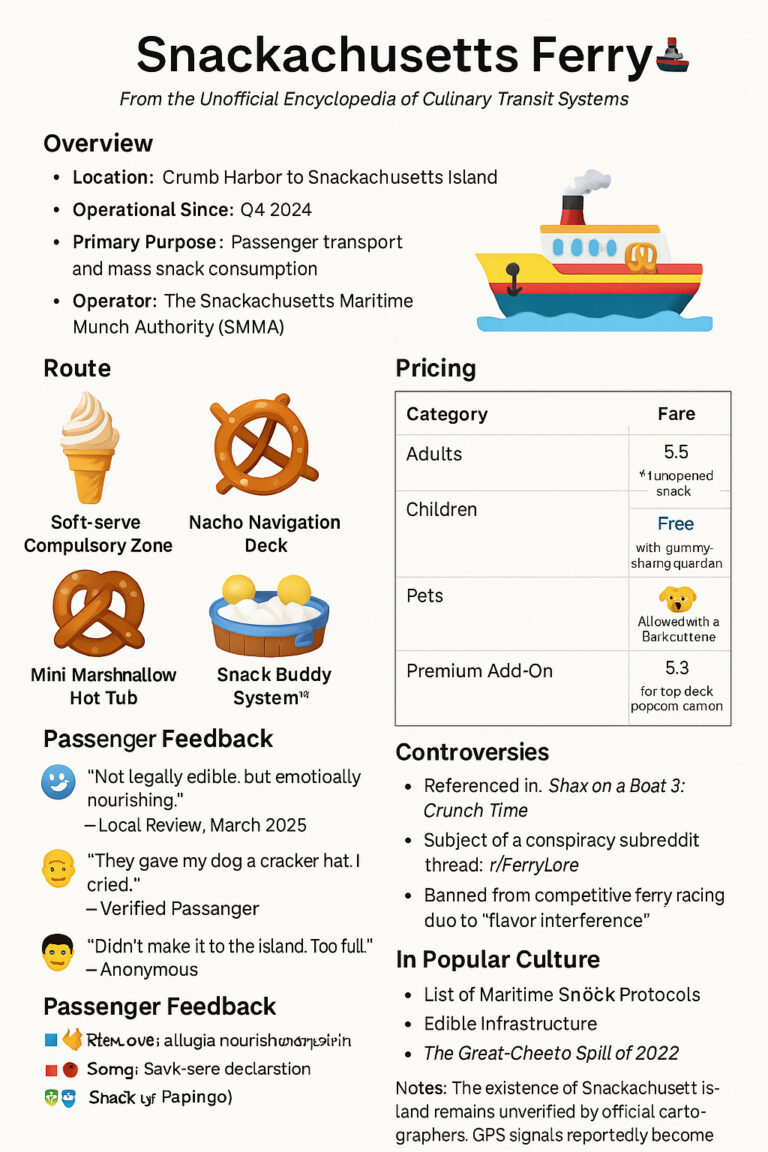Machine learning is a process of teaching computers to learn from data, without being explicitly programmed. It is a type of artificial intelligence (AI) that enables computers to learn from experience and improve over time. Machine learning algorithms can be used to make predictions or decisions, based on data.
Machine learning engineering is the process of building and maintaining specific systems that can learn and improve automatically. This involves developing models and algorithms that can be used to make predictions or decisions, as well as engineering the infrastructure to support these systems. Machine learning engineers also need to be able to troubleshoot and optimize these systems to ensure that they are performing as expected. Here’s how it can be used in a retail setting.
Machine learning can be used to develop predictive models.
In retail settings, machine learning can be used to develop predictive models. Predictive models are used to identify patterns and trends in data so that businesses can better understand their customers and improve their products and services. In the retail industry, machine learning is used to predict customer behavior, stock levels, and pricing.
Data collection and preprocessing help businesses learn more about consumer behavior.
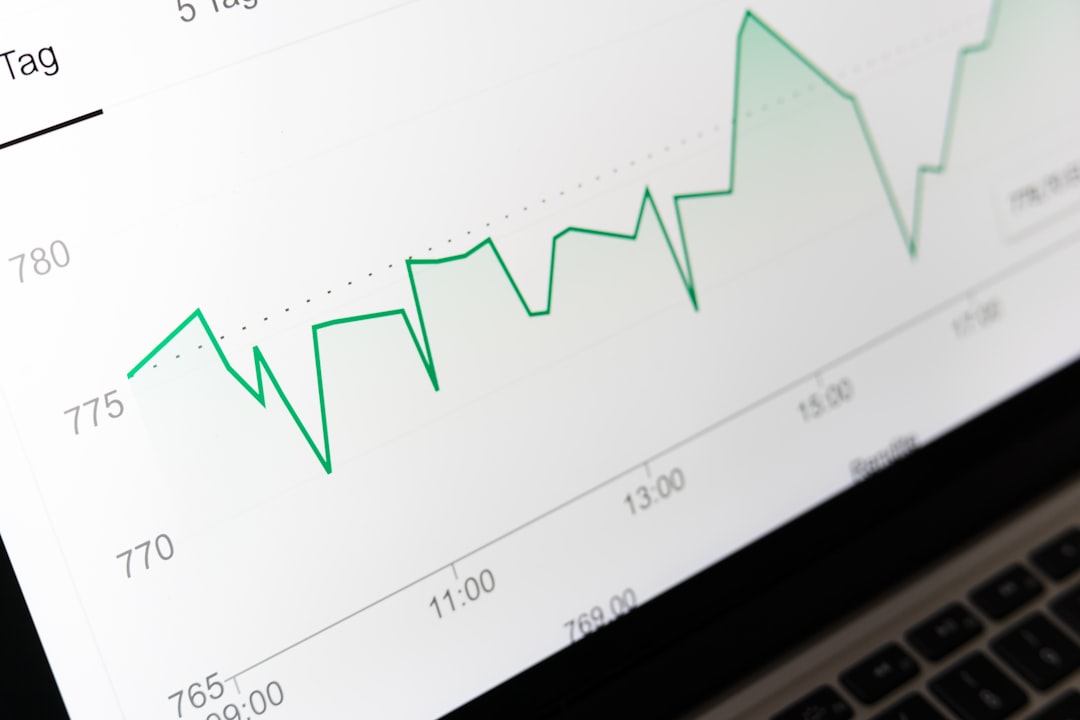
ML engineering is used in retail in order to collect and preprocess data. This data is used to improve the customer experience and increase sales. It can be used to predict what a customer might want and to suggest products to the customer in order to learn more about their behavior. It is also used to determine what promotions are most likely to be successful. Retailers can even use machine learning to determine what inventory to order and to forecast demand.
Predictive models can be used to help with inventory.
Since machine learning models are used to predict what a customer is likely to buy based on their past purchase behavior, this helps to create a more personalized shopping experience for the customer. It also helps to ensure that the retail store is stocking the items that are most likely to be sold. These predictive models are useful because businesses can anticipate when and where a customer is likely to visit the store in order to optimize staffing and inventory levels.
Machine learning improves the overall efficiency of the business.
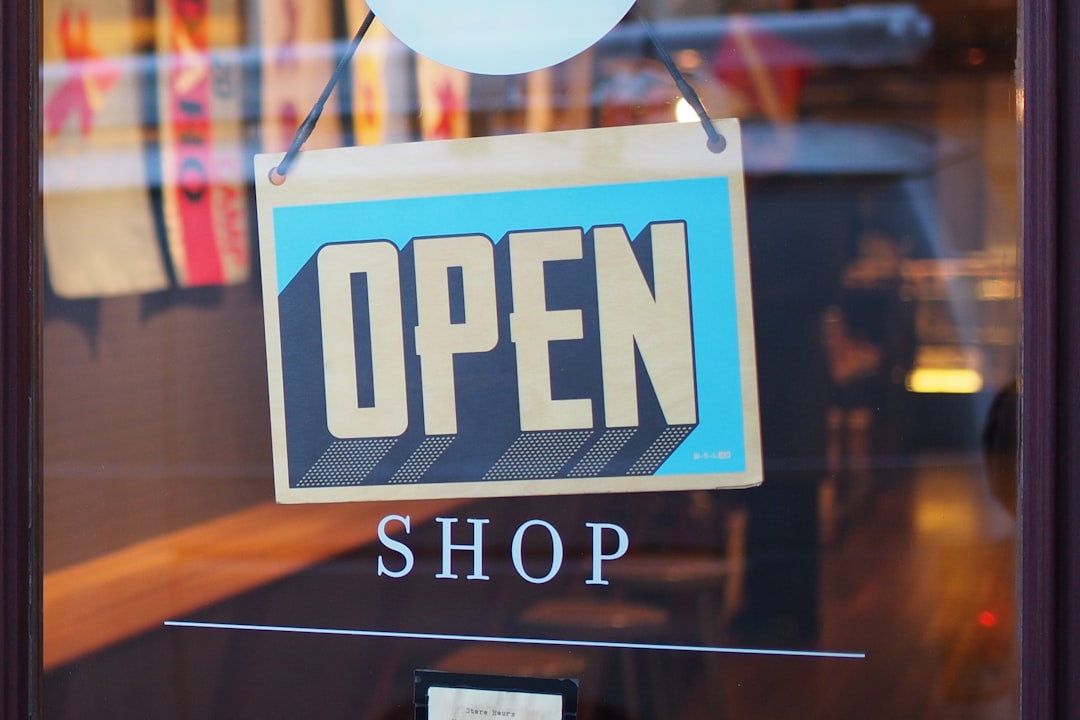
Another way that machine learning is used in retail is to improve the efficiency of the retail business. And the type of data that machine learning engineers use in retail varies depending on the use case. For example, if the machine learning engineer is working on improving the customer experience, they might use data on past purchases or data on what products people have liked in the past. If the machine learning engineer is working on improving the efficiency of the retail business, they might use data on sales, inventory, or customer demand.
Overall, there are many ways in which it can take these models and improve the business with the use of the right algorithms. It can develop systems to raise alerts for potential issues before they become problems. It can also implement an MLOps framework for better automation regarding repetitive tasks. The idea is to have the system automatically retrain using the latest data collection.
ML engineering is used in retail in a number of ways. One way is to predict what products a customer might want to buy. This is done by analyzing past purchase data to identify patterns. Another way machine learning is used in retail is to determine how best to display products on shelves or in ads to maximize sales. Machine learning can also be used to track customer behavior and preferences in order to create a more personalized shopping experience.


